
In the spirit of Freud’s recommendation to free associate in psychoanalysis, perhaps we can be inspired to do whatever we can for freedom, human dignity, and the future of children.
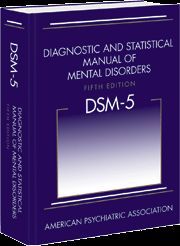

In the spirit of Freud’s recommendation to free associate in psychoanalysis, perhaps we can be inspired to do whatever we can for freedom, human dignity, and the future of children.

A discussion of treatment options to help foster the most effective psychosocial treatment for addiction.
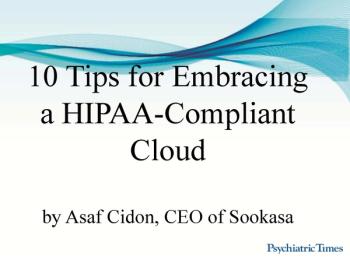
Using the cloud in a savvy way can make your work easier and keep your patients happy-as long as you deploy it in a secure way. Here are 10 tips for embracing the cloud in your psychiatric practice.

For many of us who went into psychiatry, relieving the patient’s suffering is not a business enterprise, but an ethical and spiritual calling.

In his Editorial, Dr Allan Tasman reflects on a recent meeting he attended in Asia and considers the implications for psychiatric service planning in the US.

The trend toward transparent documentation has potential for many benefits, yet it remains a provocative concept for the field of psychiatry. In this podcast, Dr Helen Farrell answers several salient questions about transparency.

A recent report that argues against descriptive diagnosis in medicine is historically ill-informed and medically naive, in the opinion of this psychiatrist.

Good documentation can be used by psychiatrists to enhance the physician-patient relationship. Of course, transparency could come at a price to practitioners, so following reasonable guidelines outlined in this article is key.

Violent intolerance seems to be on the rise, and psychiatrists must contribute more of our understanding about the origins of these problems, and to development of solutions to reverse these trends.
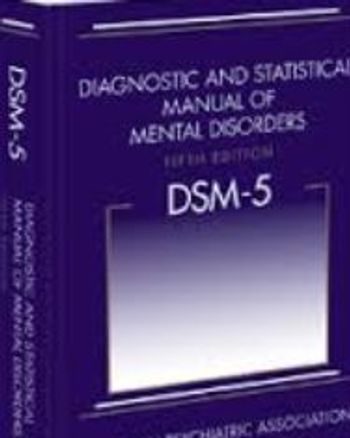
What is known-and what is not known-about the clinical use of the DSM?

The glass of well-being among physicians may be half empty, but there is room and hope to fill it again. Perhaps psychiatrists are the missing ingredient?

The Foundation for Excellence in Mental Health Care suggests a total redesign of the mental health system from the federal level down to the local level. Three overarching themes are articulated.
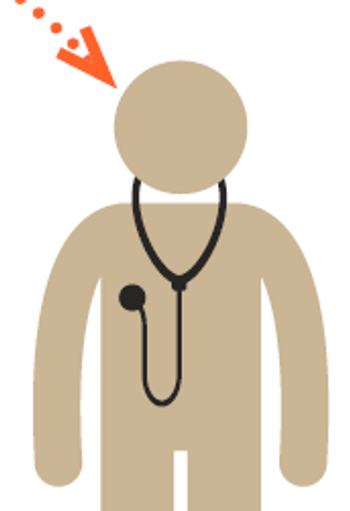
Everyone who has ever billed a third party for psychiatric care knows that lack of “medical necessity” is the catch phrase used throughout the insurance industry to deny care that the clinician who has actually evaluated the patient has determined is needed.

E&M codes are more complicated to learn, but psychiatrists can now deservedly get paid more for treating their more complicated patients or for engaging in time-consuming activities. Here: a focus on codes 99212 to 99215.
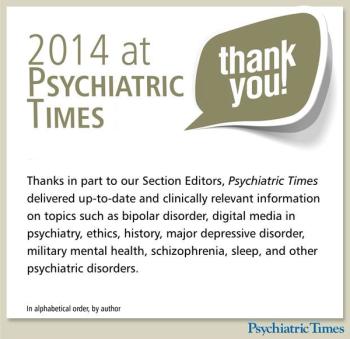
Clinically relevant information by our Section Editors, on topics such as bipolar disorder, digital media in psychiatry, ethics, history, major depressive disorder, military mental health, schizophrenia, and sleep disorders.

I had planned to make this month’s column about the best 10 advances in psychiatry during 2014. While some things changed for the better for our patients and their families-and our profession-I’ve been having a hard time with my list.
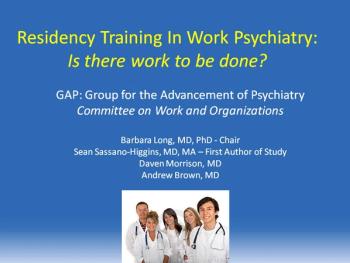
It has been estimated that depression alone results in a loss of $31 billion per year for employers. This slideshow reports findings from a survey on work psychiatry.

The case for training residents to conduct evaluations of impairments in patients with chronic mental health issues.

An infographic on the most common unexpected claim denials in medicine, with a focus on psychiatry.

The manner in which a clinician enters the room and approaches and engages with an intercultural patient and family can either set off or relieve “culture shock.”

Standardized, quantifiable outcome measures exist for most major psychiatric disorders, yet they are rarely used in routine clinical practice. This article identifies the rationale for using psychiatric scales.

It seems to this psychiatrist that a significant cohort of his colleagues conduct their practices in what might best be described as an “underground economy”: a system of services and charges disconnected from the conventional constructs by which these activities are presumably measured.

Having just completed my first year as an attending physician, I realize that there is simply nothing that prepares you to be an attending-except being an attending.

Psychiatric Times welcomes Drs Allan Tasman and Michelle Riba as our new Editor and Deputy Editors in Chief.

In this podcast, Drs Shah and Lustig provide a summary of their presentation at the 2014 Psychiatric and Mental Health Congress and explain the process, rationale, and application of the numerous changes to the CPT codes.